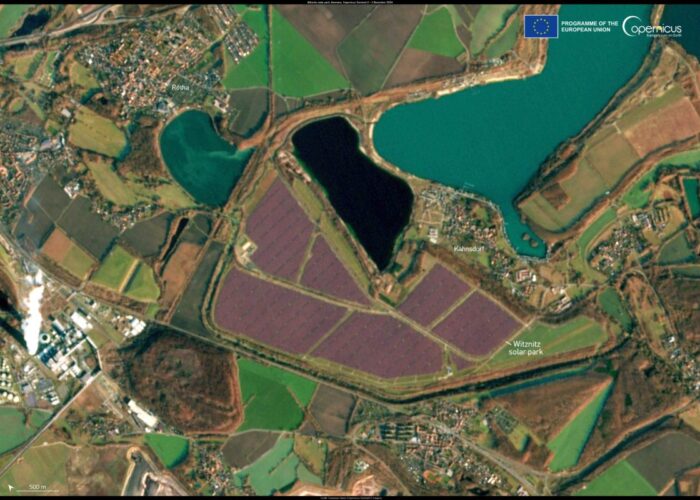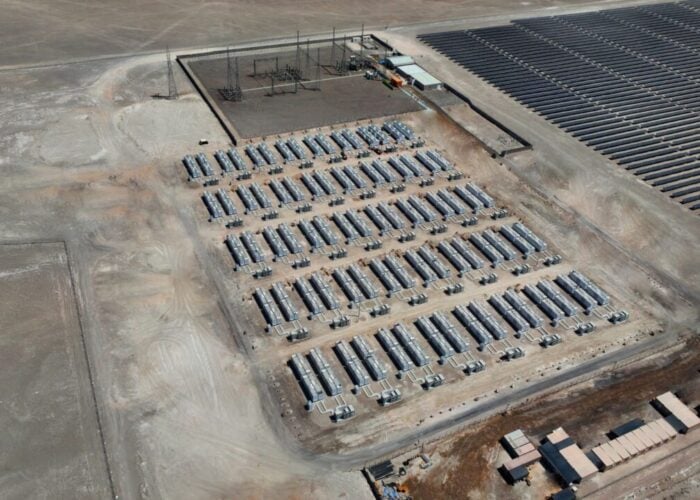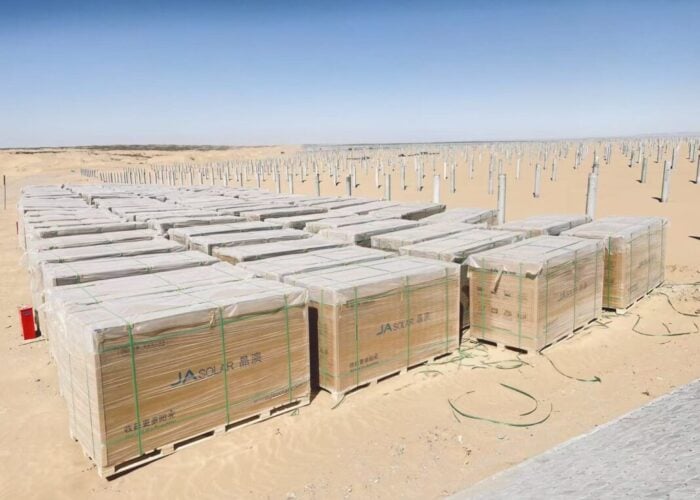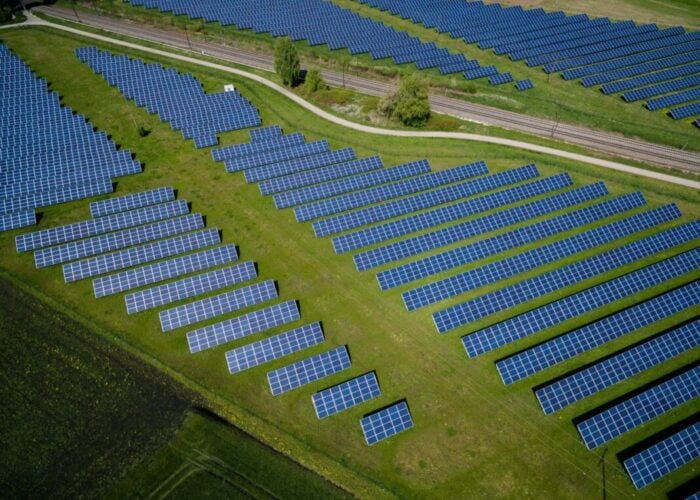The German cabinet approved a new charge on self-consumed solar power on Wednesday.
While European policy watchers had their gaze fixed firmly on Brussels for the EU’s new 2030 climate and energy package, the new solar tax was approved in Berlin.
Unlock unlimited access for 12 whole months of distinctive global analysis
Photovoltaics International is now included.
- Regular insight and analysis of the industry’s biggest developments
- In-depth interviews with the industry’s leading figures
- Unlimited digital access to the PV Tech Power journal catalogue
- Unlimited digital access to the Photovoltaics International journal catalogue
- Access to more than 1,000 technical papers
- Discounts on Solar Media’s portfolio of events, in-person and virtual
Or continue reading this article for free
Those using their own solar generated electricity will be required to pay a €0.044kWh (US$0.060kWh) charge. The levy will only apply to new rooftop installations above 10kWp fitted from August this year.
It is calculated as 70% of the 6.24kWh charge applied to customers drawing power from the network that self consumers have been exempt from.
Günther Häckl, president of the country’s solar trade group, BSW-Solar, compared the situation to taxing people for food they grow in their garden in order to subsidise farmers.
“It is an aberration and counterproductive to penalise climate-friendly solar power producers,” he said.
The plan was originally hinted at in November as part of the coalition agreement between Angela Merkel’s ruling party and the SPD.
Häckl claimed that people who consume their own solar power, already relieve the energy transition budget because they have waived the feed-in tariff payments.
“They make network expansion cheaper because less power has to be transported,” he said. “It is inconceivable that solar users should be punished for their environmental commitment, “said Häckl.
“The majority of the population wants the energy transition and the public wants to participate in it,” said adding that only the “conventional energy industry should be protected from annoying generation competition with this measure”.
Plans for a charge on existing systems have been discussed but it is unclear if they are to be implemented.
Arizona set a US$0.70/kW charge for net metering customers in November, setting a precedent for the US market.







